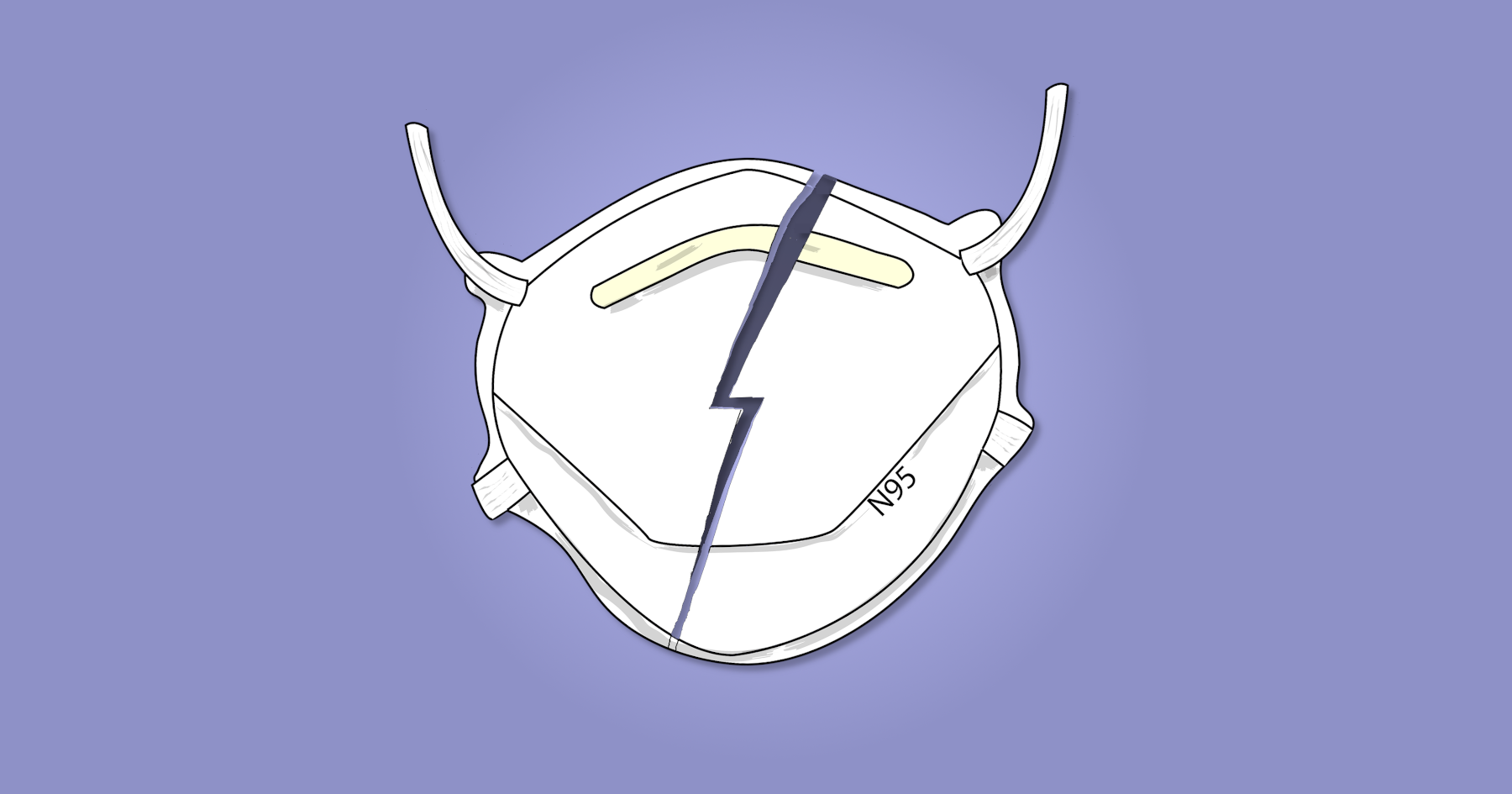The Department of Health and Human Services announced Thursday that it’s canceling a $760 million contract with Moderna for a bird flu vaccine, saying that further development “was not scientifically or ethically justifiable.” The cancellation comes after Moderna received positive interim data from a trial testing the safety and immunogenicity of its H5N1 bird flu vaccine candidate. The fact that the Biden administration had approved the contract with Moderna did not help.
This administration’s distrust of mRNA vaccines has been apparent. In February, Rep. Adam Schiff stated that HHS Secretary Robert F. Kennedy Jr., “promoted the lie that mRNA vaccines alter human DNA.” Kennedy has previously called mRNA COVID-19 vaccinations dangerous. Further, at least seven states have proposed GOP-sponsored legislation banning or limiting mRNA vaccines and fueling mistrust in vaccines.
Comments closed
